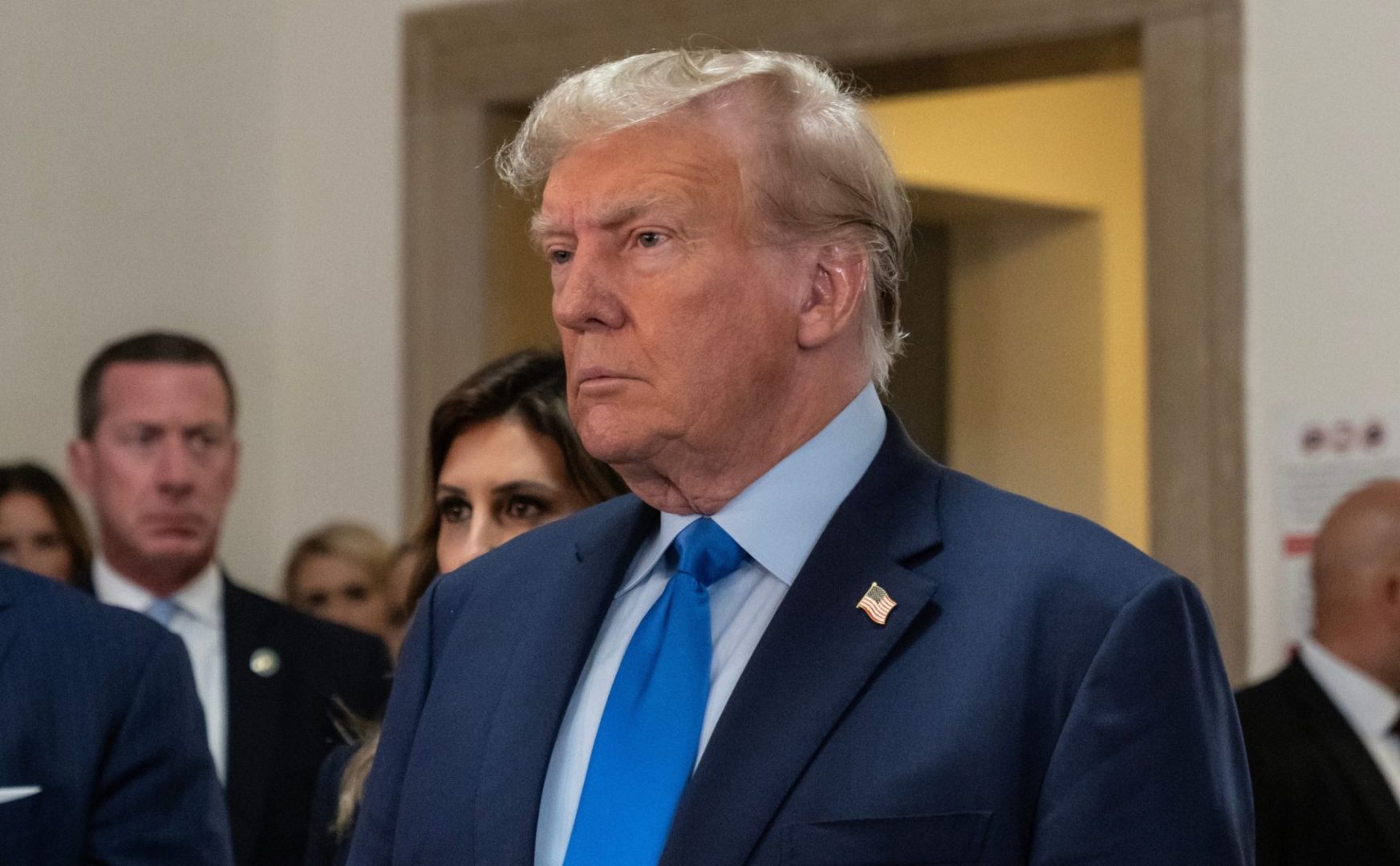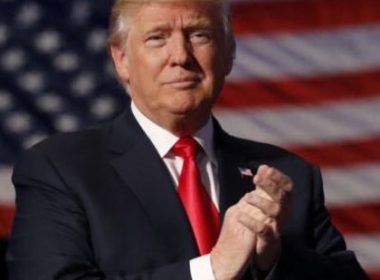President Donald Trump has triggered significant financial market volatility with reports of his intention to accelerate a major personnel decision that traditionally follows established institutional timelines. The announcement sent the US dollar tumbling to its weakest position in nearly three years, as currency traders scrambled to adjust their positions amid heightened uncertainty about future monetary policy direction.
The market reaction reflects growing concerns about potential disruptions to established financial institutions and their operational independence. Trump’s apparent willingness to break with conventional timing protocols has created ripple effects across global markets, demonstrating how presidential communications can instantly influence international currency valuations.
Accelerated timeline creates institutional uncertainty
Financial markets reacted sharply to reports that Trump is considering announcing his choice for the next Federal Reserve chair several months ahead of the traditional schedule. Jerome Powell’s current term extends through May 2026, with successor announcements typically occurring three to four months before a chair’s departure.
However, the Wall Street Journal reported that Trump may reveal his selection as early as September or October, representing a significant departure from established precedent. This accelerated timeline could potentially undermine Powell’s remaining months in office by allowing a designated successor to influence market expectations about future interest rate policies.
The president has identified a shortlist of potential candidates, telling reporters that he knows within three or four people whom he plans to select. The leading contenders reportedly include Treasury Secretary Scott Bessent, economic adviser Kevin Hassett, and former Fed governor Kevin Warsh, each bringing different perspectives on monetary policy implementation.
Presidential criticism intensifies institutional pressure
Trump has maintained a sustained campaign of public criticism against Powell, questioning both his intelligence and decision-making capabilities regarding interest rate policies. The president has characterized Powell as being too slow to implement rate cuts, expressing frustration with the Federal Reserve’s data-driven approach to monetary policy decisions.
These public attacks have raised concerns among financial experts about the traditional independence of the Federal Reserve system. The central bank has consistently maintained that its decisions are based on economic data rather than political pressure, though Trump’s vocal opposition has created unprecedented tensions between the executive branch and monetary authorities.
The Federal Reserve recently kept interest rates unchanged amid uncertainty surrounding Trump’s proposed tariff policies, which the central bank indicated could influence future inflation projections. This decision appears to have further frustrated the president, who has repeatedly called for more aggressive rate reduction measures.
Market responses reveal global economic implications
The dollar’s decline of 0.5 percent against a basket of major currencies marked its weakest performance since early March 2022, highlighting how presidential communications can create immediate financial consequences. The British pound reached its highest level against the dollar since October 2021, reflecting the relative strength shift among major currencies.
European stock markets showed mixed reactions, with defense companies experiencing significant gains following NATO countries’ agreement to increase military spending commitments. Rheinmetall surged four percent, while France’s Thales and Britain’s BAE Systems each added nearly two percent, demonstrating how geopolitical developments continue influencing sector-specific investment flows.
Asian markets closed with divergent results, reflecting regional variations in economic outlook and currency exposure. Oil prices stabilized after earlier volatility, as Middle Eastern tensions appeared to ease with continued ceasefire arrangements and Trump’s announcement of potential nuclear negotiations with Iran.
Future implications for monetary policy stability
The situation creates unprecedented uncertainty about Federal Reserve leadership continuity and policy direction during a critical economic period. An early leadership announcement could potentially create conflicting signals about future monetary policy approaches, complicating market participants’ ability to make informed investment decisions.
Financial analysts are closely monitoring developments for signs of how this leadership transition might affect interest rate expectations and broader economic policy coordination between fiscal and monetary authorities.

















